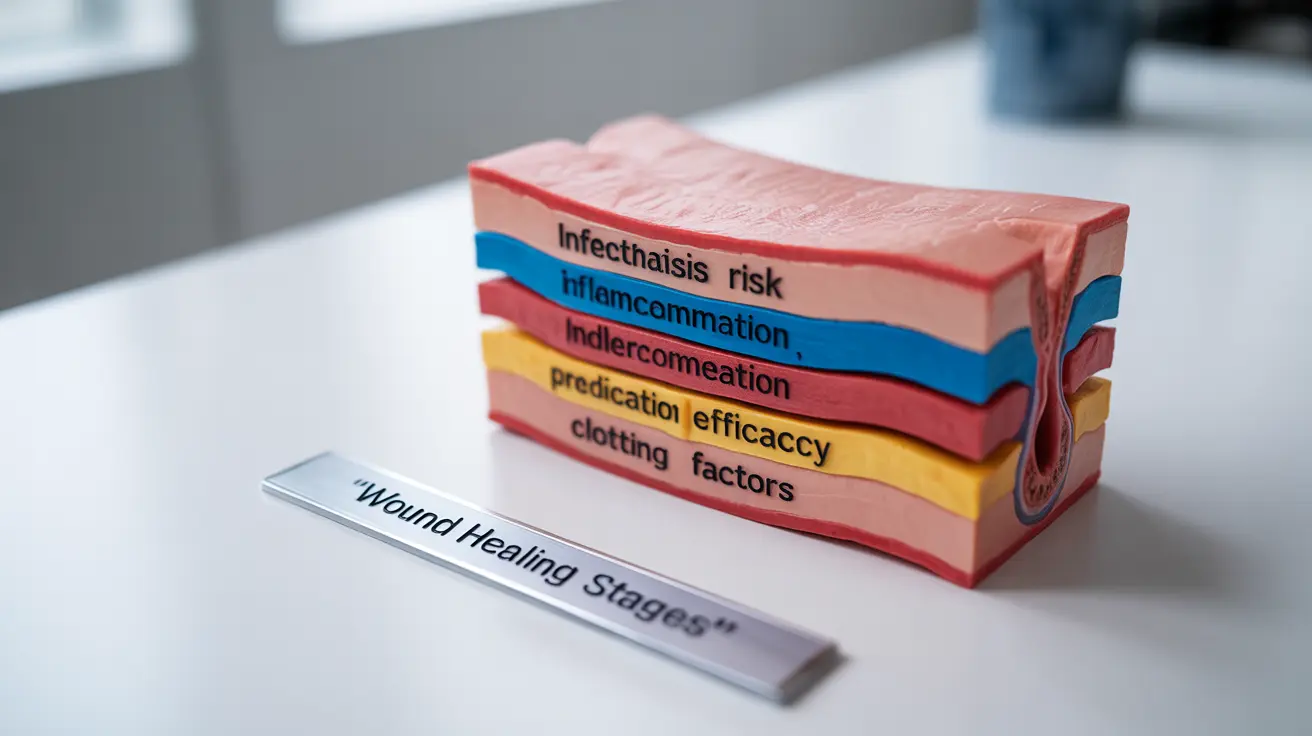Regular well-child visits are essential checkpoints in your child's health journey, serving as opportunities for comprehensive health monitoring, preventive care, and developmental tracking. These scheduled appointments with your pediatrician help ensure your child is growing and developing optimally while allowing for early detection of potential health concerns.
As a parent, understanding the importance and components of well-child visits can help you make the most of these crucial healthcare appointments. This guide will walk you through everything you need to know about well-child visits and their vital role in your child's health.
The Purpose and Importance of Well-Child Visits
Well-child visits are preventive care appointments designed to monitor your child's growth, development, and overall health. These visits serve multiple crucial purposes beyond just checking your child's physical health:
- Track growth and development milestones
- Monitor physical, emotional, and social development
- Provide necessary immunizations
- Screen for potential health issues
- Offer guidance on nutrition and safety
- Address parental concerns and questions
Recommended Schedule for Well-Child Visits
The frequency of well-child visits varies based on your child's age, with more frequent visits during the first few years of life when development occurs rapidly:
- First Week (3-5 days old)
- 1 month
- 2 months
- 4 months
- 6 months
- 9 months
- 12 months
- 15 months
- 18 months
- 2 years
- 2½ years
- 3 years
- Annual visits from ages 4-21
What to Expect During a Well-Child Visit
Physical Examination
During each visit, your pediatrician will perform a comprehensive physical examination that includes:
- Measuring height, weight, and head circumference
- Checking vital signs
- Examining eyes, ears, nose, and throat
- Listening to heart and lungs
- Evaluating muscle tone and reflexes
- Checking skin health
Developmental Screening
Your doctor will assess various aspects of your child's development, including:
- Motor skills and physical development
- Language and communication abilities
- Social and emotional development
- Cognitive skills and learning progress
- Behavioral patterns and concerns
Preventive Care
Well-child visits include important preventive care measures such as:
- Recommended vaccinations according to the CDC schedule
- Vision and hearing screenings
- Blood pressure monitoring
- Laboratory tests when necessary
- Dental health assessment
Making the Most of Your Well-Child Visit
To optimize these important appointments:
- Keep a list of questions or concerns
- Bring your child's medical history and vaccination records
- Note any changes in behavior, sleep, or eating patterns
- Be prepared to discuss your child's daily routine
- Share any family health updates or changes
Frequently Asked Questions
- What are the benefits of regular well-child visits for my child's health and development?
Regular well-child visits provide comprehensive health monitoring, ensure timely vaccinations, track developmental milestones, and allow for early detection of potential health issues. They also give parents the opportunity to discuss concerns and receive professional guidance on nutrition, safety, and behavior.
- How often should I schedule well-child visits for my child from birth through adolescence?
Visits are more frequent during the first three years (starting at 3-5 days old, then at 1, 2, 4, 6, 9, 12, 15, 18 months, and 2, 2½, and 3 years), followed by annual visits from ages 4-21.
- What types of health screenings and assessments are typically performed during a well-child visit?
Typical screenings include growth measurements, physical examinations, developmental assessments, vision and hearing tests, behavioral evaluations, and recommended laboratory tests. Vaccinations are also administered according to the recommended schedule.
- How can well-child visits help prevent serious illnesses and diseases in children?
Well-child visits help prevent serious illnesses through regular health monitoring, timely vaccinations, early detection of potential health issues, and educational guidance on proper nutrition and safety measures. They also allow doctors to identify and address health concerns before they become severe.
- What are some common topics or concerns that parents should discuss with their pediatrician during a well-child visit?
Parents should discuss their child's growth, development, behavior, sleep patterns, eating habits, and any specific concerns. Other important topics include safety measures, school performance, social interactions, and any family health changes that might affect the child.




